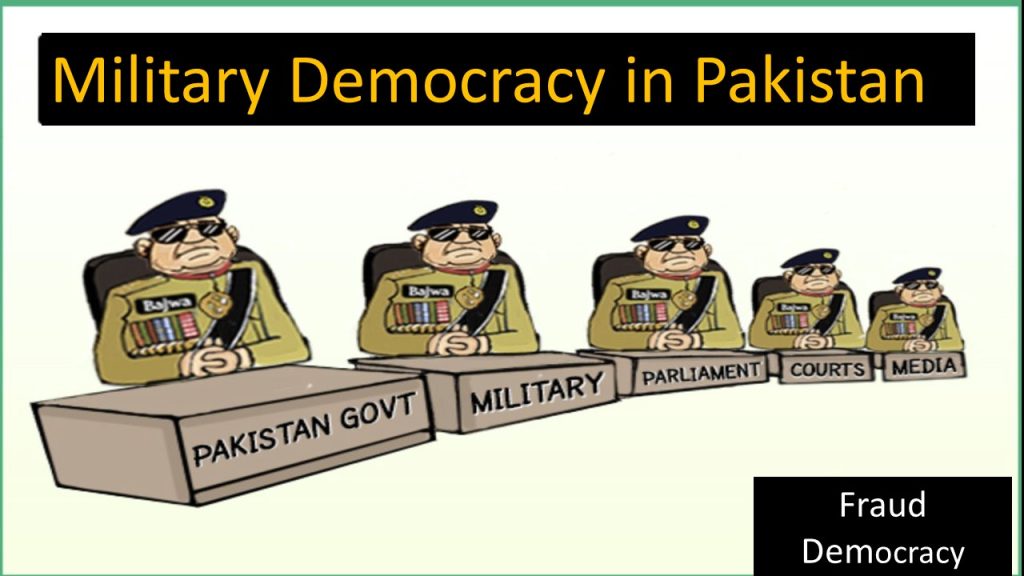“Those who embrace courage in facing mortality also cultivate a life of profound dignity.” — Syed Atiq ul Hassan
Before delving into the topic, I would like to highlight two powerful and relevant statements by the founder of Pakistan, Quaid-e-Azam Muhammad Ali Jinnah, which remain crucial for the nation and its stakeholders:
In a radio broadcast in Dacca on March 28, 1948, Quaid-e-Azam Muhammad Ali Jinnah stated:
“If we begin to think of ourselves as Punjabis, Sindhis, etc., first and Muslims and Pakistanis incidentally, then Pakistan is bound to disintegrate. Do not think that this is some abstruse proposition; our enemies are fully alive to its possibilities, and I must warn you that they are already busy exploiting it.”
In in his speech at the Army Staff College, Quetta, on June 14, 1948, the founder emphasized:
“Do not forget that the armed forces are the servants of the people. You do not make national policy; it is we, the civilians, who decide these issues, and it is your duty to carry out these tasks with which you are entrusted.”
These messages serve as stark reminders of the principles upon which Pakistan was founded and the responsibilities of its leadership and armed forces.
A Nation in Denial
Reading the Eid-ul-Fitr messages from the heads of Pakistan’s three armed forces left me deeply disappointed. It seems as if these leaders are not only oblivious to the ground realities but also uninterested in addressing them. Had they truly acknowledged Pakistan’s dire situation, they would have admitted their failures, resigned from their positions, and accepted accountability. But sadly, It never happened in Pakistan. I firmly believe that whatever Allah does is for the best, and He remains the ultimate judge of justice.
uninterested in addressing them. Had they truly acknowledged Pakistan’s dire situation, they would have admitted their failures, resigned from their positions, and accepted accountability. But sadly, It never happened in Pakistan. I firmly believe that whatever Allah does is for the best, and He remains the ultimate judge of justice.
The majority of Pakistan’s public remains entangled in hypocrisy and delusion. I hesitate to call them a ‘NATION’ because, since Pakistan’s creation, they have never been united as one—and at this point, they likely never will be. The same political and establishment figures who were responsible for the disintegration of Pakistan continue to rule. These individuals have learned nothing from history’s bitter lessons. This is why the same corrupt politicians, have been repeatedly brought to power by the establishment and after 70 years, the world’s most notorious money launderers and corrupt individuals are hailed as heroes.
A Leader Behind Bars, A Nation Silent
On the other hand, there is a leader who earned international respect, promoted welfare initiatives in Pakistan, and made remarkable contributions, particularly in healthcare, education, and the economy. He fought against corruption and launched a campaign against those who have looted the nation, dedicating his life to reforming the system. Yet, this very individual has been unjustly imprisoned for the past three years under false charges, while the public, who could have mobilized for their own and their future generations’ betterment, remains indifferent. If they had truly understood their power, they could have freed their leader. That personality is Imran Ahmed Khan Niazi.
If the people of Pakistan do not come out on the streets today for Imran Khan’s release and the stability of the nation, they are just as guilty as those who have hijacked the state. Their indifference, hypocrisy, selfishness, and cowardice make them complicit in Pakistan’s downfall.
A Looming International Conspiracy
For years, I have been warning Pakistanis through vlogs and writings that an international conspiracy against Pakistan is underway. Global and regional powers, using traitors within the country, are executing this plan. Today, this conspiracy is reaching its final stages. For the past three years, I have persistently warned that the separation of Baluchistan and Khyber Pakhtunkhwa (KPK) has already been planned, yet this so-called nation remains unaffected.
When the conspiracy to separate East Pakistan was unfolding, the people were equally indifferent. Even then, intellectuals had warned that if the people of West Pakistan did not raise their voices for their East Pakistani brothers’ rights, they would secede from the country. And that is exactly what happened. But history bears witness that the majority in Punjab and Sindh remained unconcerned and even remarked, “Good riddance! Let those ‘barking’ Bengalis go.” That same apathy is evident today.
The majority of people in Punjab and Sindh remain unaware of the impending crisis. They lack the courage to take to the streets, make sacrifices, and remove these enemies of the state from power. If the people do not use their collective strength to overthrow these corrupt rulers and hold them accountable, Pakistan—the country for which our forefathers made great sacrifices—will plunge further into crisis.
The Road to Ruin
But I have now lost hope in these indifferent people. I will no longer attempt to wake them up through my words or my voice. They will now witness their own destruction. Soon, the movement for Baluchistan’s separation will gain momentum, much like the one for Bangladesh, and global powers, along with neighbouring countries, will support it. The United Nations will eventually recognize this movement. Sadly, this reality is not far away.
Final Thoughts
Pakistan still has time to change its course. But this change requires action, not just empty rhetoric. The people must unite, rise, and reclaim their country from corrupt forces. Otherwise, history will repeat itself, and Pakistan may face yet another irreversible tragedy.
“Those who embrace courage in facing mortality also cultivate a life of profound dignity.” — Syed Atiq ul Hassan.
(The writer, Syed Atiq ul Hassa, is a Sydney-based journalist, analyst, writer and author. He holds the life achievement award 2024 by NSW Government, Australia. His email address is shassan@tribune-intl.com ).
END




